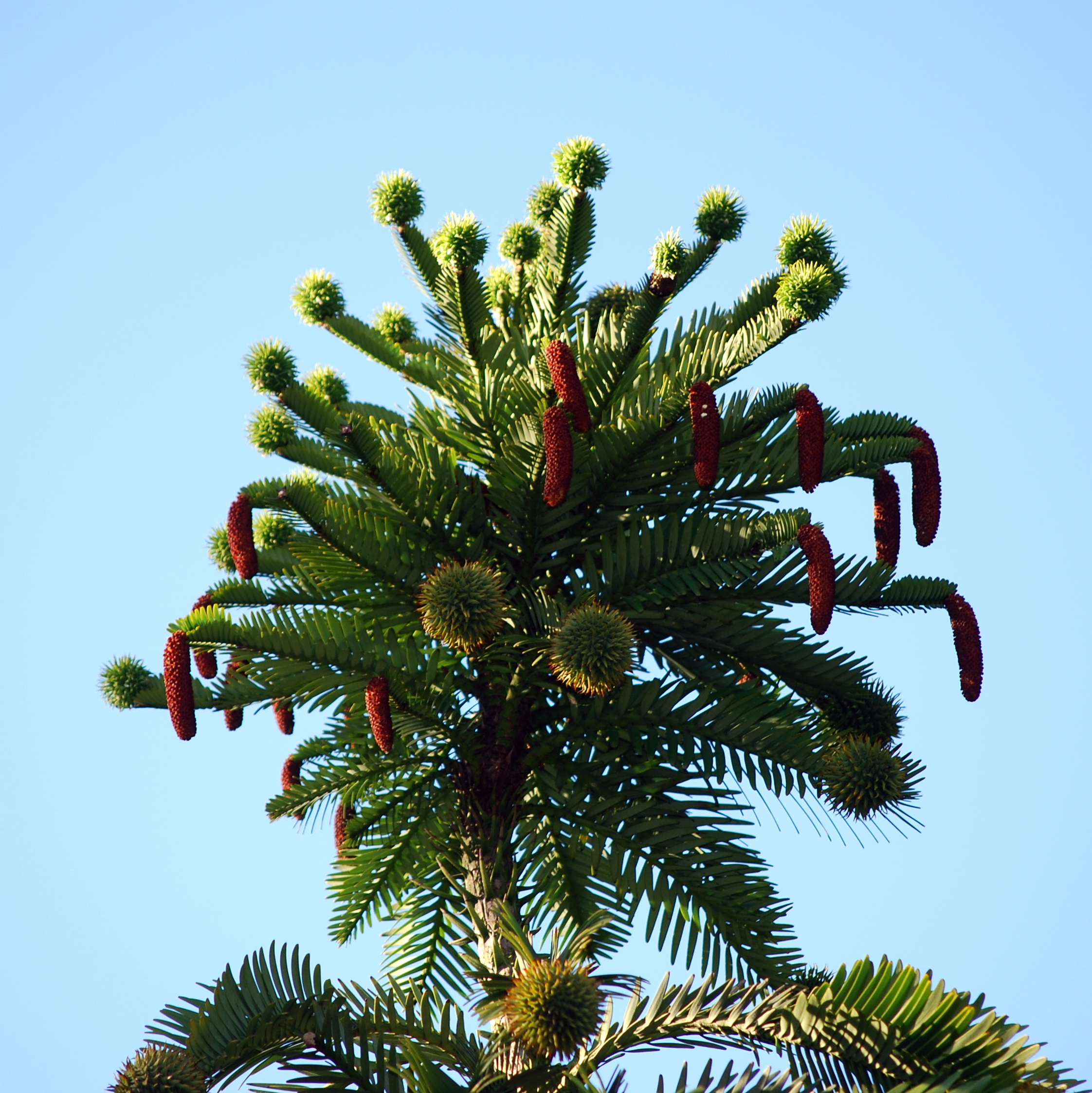
A World Worthy of Enjoyment
The acclaimed American novelist, Marilynne Robinson, has published a most unusual book – a commentary on the book of Genesis. Robinson is acclaimed for her touching and profound novels. But over the last few decades, has also written a series of outstanding essay collections. Here, no less than in her fiction, she has shared a profound vision of Humanism for the contemporary age.
Robinson would wince at the way that word has been taken over by “Humanists“, which has come to mean in some quarters, non-religious. This gets everything backwards, Robinson insists. To be truly and fully human is to recognise the religious impulse within us, inescapably within us.
There is a point early in her book on Genesis when she notes, quite literally in passing, that the world in which we find ourselves is beautiful before and after it is useful. She finds that perspective in the pages of the Hebrew Scriptures, where we read: “This world is suited to human enjoyment… The beauty of the trees is noted before the fact that they yield food.”
Against Instrumentalising Nature
Robinson’s observation is sharply relevant. Contemporary environmentalists have to decide whether they will heed her humanistic appeal. Because of the increasing intensify of climate collapse and biodiversity breakdown, there is a temptation to approach nature purely through the lens of utility. We can only save so much, so let’s save what is useful.
That approach reaches its zenith in the response that does not deny the scale of the environmental crisis at all but capitulates to it. All adaptation, no mitigation. And in this worldview, the state to which we have to adapt is not one of deepened justice or heightened sustainability, but just the preservation of the current status quo.
The mass extinction that we are sleepwalking through does not just impoverish us in the sense that we lose species. It impoverishes us, within ourselves, as humans. The thing that marks this mass extinction from all the others is that we caused it. Most people grant that no man is an island, that we are all in the same boat. But we perhaps do not yet fully realise that does not just apply to individuals who exist in community, but to our human community that exists within the vast web of life.
Just as our political environmentalism contradicts itself if it is allied to a radical libertarian account of justice, our ecological environmentalism undoes itself if it is expressed through a utilitarian logic. A true humanism places humans in relation to all the other species of life that share this planet with us.
Noting the Beauty of Trees
In a thoughtful piece for the Irish Humanities Alliance recently, the TD Marc Ó Cathasaigh wrote about how humans are defined beyond our bodily form by our meaning-making, our imaginative capacity, and by our appreciation of beauty. We may well be the only creatures in the entire universe who can consider the universe as beautiful, as ontologically puzzling, as a reality we can consciously transform. He writes:
And we are the beauty animals as well. A certain composition of colours, a juxtaposition of sounds, a sequence of words – these can move us in a perception of beauty in a way not experienced, to our knowledge, by any other organism.
I read this as I was also reading about the highly endangered Australian tree, the Wollemi Pine. It was only discovered in 1994. There are perhaps 100 Wollemia left in the wild. They are largely unchanged from 65 million years ago and have evolved a bark so thick and fire resistant, that they can survive through even the worst that the Australian summer has (thus far) been able to throw at them.
We can be confident that the Wollemi Pine is going to be preserved. It is an evolutionary oddity which is useful for scientists. And it has an alien beauty, that means it can be marketed. As an object of research and as a potential commodity, there is lots of utility in keeping it alive. But its sheer existence is enough. We recognise that trees are beautiful before we discover they can give us food. If a tree falls in a forest and no one is there to mark, we still are diminished because the tree’s very treeness is worthwhile.
This ultimately is how you would arrive at a humanistic environmentalism, an environmentalism capable to holding the climate disaster, the biodiversity collapse, and the range of associated social injustices together: not by filleting our concerns down to some minimal amount that can be rationally defended through a cost/benefit analysis, but by expanding our perspective to see the inherent dignity in all the things that have been created and can be savoured (whether you attribute that to blind natural selection or the perceptive gaze of a loving God or something else entirely).
Environmentalism needs conservation efforts and political lobbying, it needs innovative technological research and deep scientific study. But it will amount to nothing if it does not love the beauty that surrounds us and that we have the honour of stewarding. Down that way we will discover a humanism for the 21st century.

